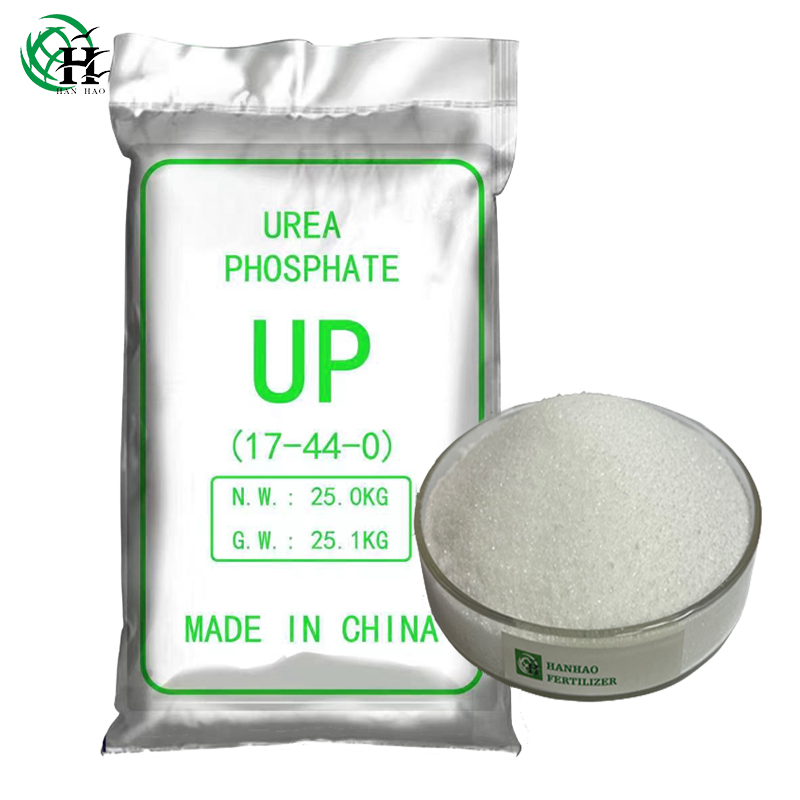
Aug . 10, 2024 03:35 Back to list
Effective Use of Concentrated Organic Fertilizer for Enhanced Agricultural Productivity and Soil Health
The Benefits of Concentrated Organic Fertilizer
In recent years, the agricultural landscape has witnessed a significant shift towards more sustainable practices due to growing environmental concerns and the need for healthier food production. Among these practices, the use of concentrated organic fertilizers has gained prominence for its numerous benefits to both the environment and farming productivity. This article explores the advantages of concentrated organic fertilizers, how they contribute to sustainable agriculture, and their impact on soil health and crop yields.
Concentrated organic fertilizers are derived from natural sources, including plant and animal materials, and are designed to provide essential nutrients to crops in a condensed form. Unlike traditional chemical fertilizers, which can lead to soil degradation and water pollution, organic fertilizers offer a more eco-friendly alternative. One of the key benefits of concentrated organic fertilizers is their ability to improve soil fertility. These fertilizers enrich the soil with organic matter, which enhances its structure, aeration, and water retention capacity. This is particularly crucial in maintaining soil health, as healthy soils are the foundation of sustainable agriculture.
Furthermore, concentrated organic fertilizers are known to promote beneficial microbial activity in the soil. The organic matter serves as food for soil microorganisms, which play a vital role in nutrient cycling and disease suppression. A thriving microbial community not only helps in breaking down organic materials but also aids in the formation of humus, a stable form of carbon that enhances soil fertility. This improves the overall health of the ecosystem, ultimately leading to healthier plants and higher crop productivity.
Another significant advantage of concentrated organic fertilizers is their ability to release nutrients slowly over time. This slow-release mechanism ensures that plants have a steady supply of nutrients throughout their growth cycle, reducing the risk of nutrient leaching. In contrast, conventional fertilizers often lead to rapid nutrient release, which can result in nutrient runoff and potential damage to aquatic ecosystems. By using concentrated organic fertilizers, farmers can minimize environmental impacts while maximizing nutrient uptake by crops.
concentrated organic fertilizer

Moreover, concentrated organic fertilizers are versatile and can be tailored to meet the specific needs of various crops. They come in different formulations, allowing farmers to select the right mix of nutrients based on soil tests and crop requirements. This tailored approach not only enhances the efficiency of nutrient use but also contributes to higher yields, making concentrated organic fertilizers a valuable tool for modern agriculture.
In addition to their agricultural benefits, concentrated organic fertilizers also contribute to carbon sequestration. By increasing organic matter in the soil, these fertilizers can help trap carbon dioxide from the atmosphere, mitigating climate change impacts. This dual benefit of improving soil health while addressing environmental issues makes concentrated organic fertilizers an integral part of sustainable farming practices.
It is important to note that while concentrated organic fertilizers offer numerous advantages, their effective application requires knowledge and proper management. Farmers must understand the specific nutrient needs of their crops and monitor soil health to optimize the benefits of these fertilizers. Education and training on organic farming practices can play a crucial role in ensuring that farmers maximize the potential of concentrated organic fertilizers.
In conclusion, concentrated organic fertilizers represent a sustainable solution for enhancing agricultural productivity while preserving environmental integrity. Their ability to improve soil health, promote beneficial microbial activity, provide a slow release of nutrients, and adapt to various crop requirements makes them a key player in the future of agriculture. As the world continues to seek sustainable practices in food production, the use of concentrated organic fertilizers will undoubtedly play an important role in fostering a healthier planet and a more resilient agricultural system.
-
10 10 10 Fertilizer Organic—Balanced NPK for All Plants
NewsJul.30,2025
-
Premium 10 10 10 Fertilizer Organic for Balanced Plant Growth
NewsJul.29,2025
-
Premium 10 10 10 Fertilizer Organic for Balanced Plant Growth
NewsJul.29,2025
-
Premium 10 10 10 Fertilizer Organic for Balanced Plant Growth
NewsJul.29,2025
-
50 Pound Bags of 13-13-13 Fertilizer for All Plants – Bulk & Organic Options
NewsJul.28,2025
-
High-Efficiency 15-30-15 Granular Fertilizer for Healthy Crops
NewsJul.28,2025
